It all began with Evelyn Lauder, who, influenced by her personal experience with breast cancer, aimed to raise awareness among women about this potentially fatal condition. In 1992, the Estée Lauder Companies, alongside the American Cancer Society, launched a campaign that distributed 1.5 million pink ribbons to promote awareness. This initiative marked the beginning of Breast Cancer Awareness Month in October, dedicated to education and prevention efforts. The pink ribbon has since become a powerful symbol in the fight against breast cancer.
Table of Contents
The Alarming Reality: Why Breast Cancer Demands Our Attention
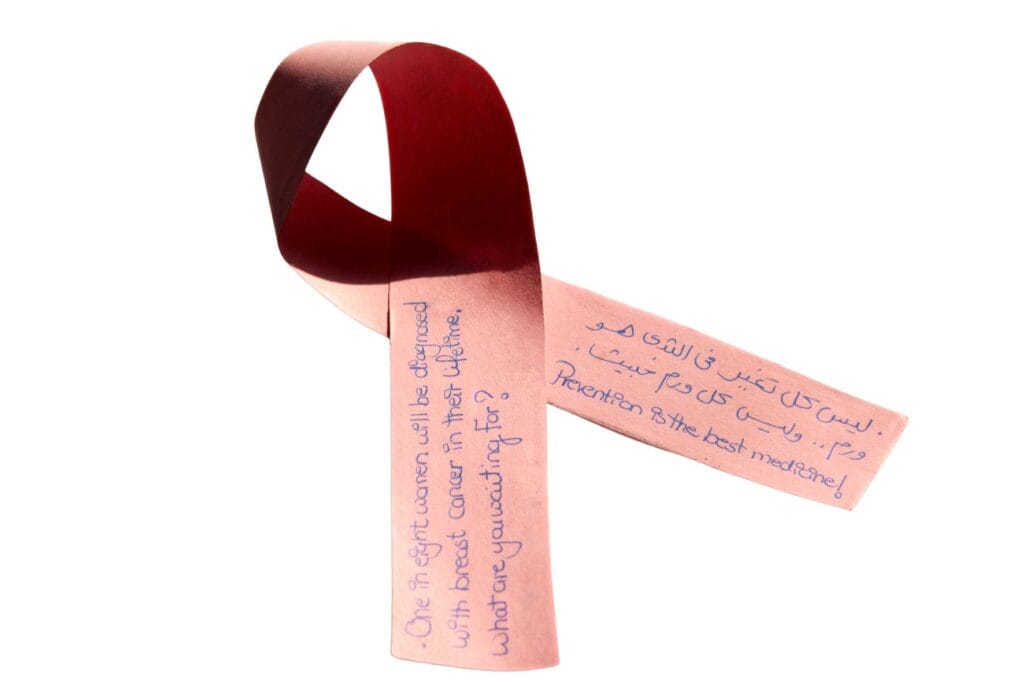
Breast cancer is a growing global health concern and an alarming condition. According to a report published by the World Health Organization (WHO) in 2022, approximately 670,000 deaths occur worldwide due to breast cancer, making it the most common type of cancer among women. Men are not exempt from this life-threatening disease, as around 0.5-1% of breast cancer cases occur in men.
What is Breast Cancer?
According to the WHO, “Breast cancer is a disease in which abnormal breast cells grow out of control and form tumours. If left unchecked, the tumours can spread throughout the body and become fatal”
Who’s at Greater Risk and Why?

Women are significantly more likely to develop breast cancer, with a 99% higher risk compared to men. Various factors contribute to this risk, including age, obesity, harmful alcohol consumption, family history of breast cancer, history of radiation exposure, early pregnancy, tobacco use, and postmenopausal hormone therapy. However, in many cases, breast cancer develops without any identifiable risk factors, aside from being female and over the age of 40.
Research indicates that countries with a higher Human Development Index (HDI)—characterised by better living standards, access to healthcare, education, and income opportunities—exhibit higher rates of breast cancer compared to countries with lower HDI. In high HDI countries, approximately 1 in 12 women develop breast cancer, whereas in low HDI countries, the figure is 1 in 27.
Factors Influencing Breast Cancer
The rising burden of breast cancer is influenced by several factors, particularly in high Human Development Index (HDI) countries. Increased awareness and better access to screening tests lead to more diagnoses. Additionally, higher living standards often result in lifestyle changes and dietary shifts that can increase obesity risk, further contributing to breast cancer incidence. Thus, the combination of awareness, healthcare access, and lifestyle choices significantly impacts breast cancer diagnosis rates in developed nations.
Early Warning Signs and Alarming Symptoms of Breast Cancer
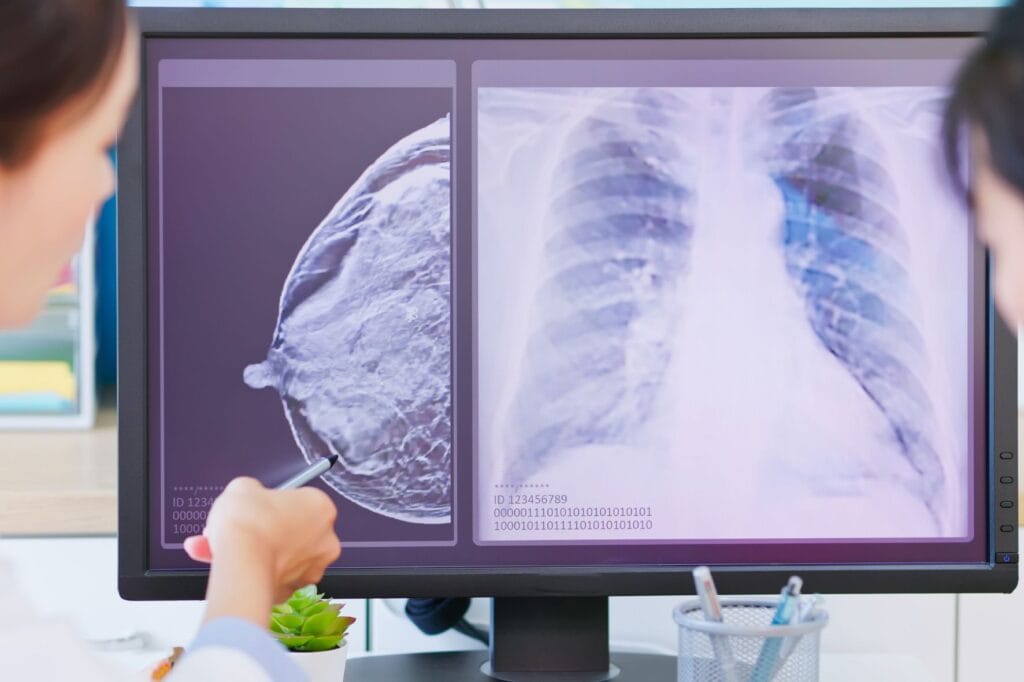
Breast conditions can present a variety of signs and symptoms, including:
- Rashes or any abnormal discharge, such as blood, pus, or anything other than breast milk.
- Inversion of nipples, dimply or flaky skin, redness, or any unusual swelling in any area of the breast.
- A noticeable difference in size, where one breast appears larger than the other, or any other changes in shape, size, or appearance.
It is important to consult a physician immediately if you notice any of these signs. Additionally, symptoms such as sudden pain, extreme tenderness, or irritation in any part of the breast should be evaluated by a healthcare professional. Any swelling, pain, irritation, or inflammation in the underarm area should also be taken seriously and assessed by an expert.
The Challenge Ahead: Why Breast Cancer Detection and Treatment is No Easy Task
Most people do not experience any symptoms during the early stages of breast cancer, making it challenging to diagnose the disease promptly. This often leads to late diagnoses, which can result in disease progression and increased mortality. Recent studies indicate that individuals with delayed breast cancer diagnoses face a 73% higher risk of death compared to those who are diagnosed without delay.
Effective Solutions to Combat Breast Cancer
Fortunately, late detection can be mitigated through regular home screening tests and routine examinations. These examinations do not require expert assistance; any woman can perform a breast self-exam by following simple guided steps. Regular self-examinations not only facilitate early detection of breast cancer but also help prevent the disease from becoming fatal.
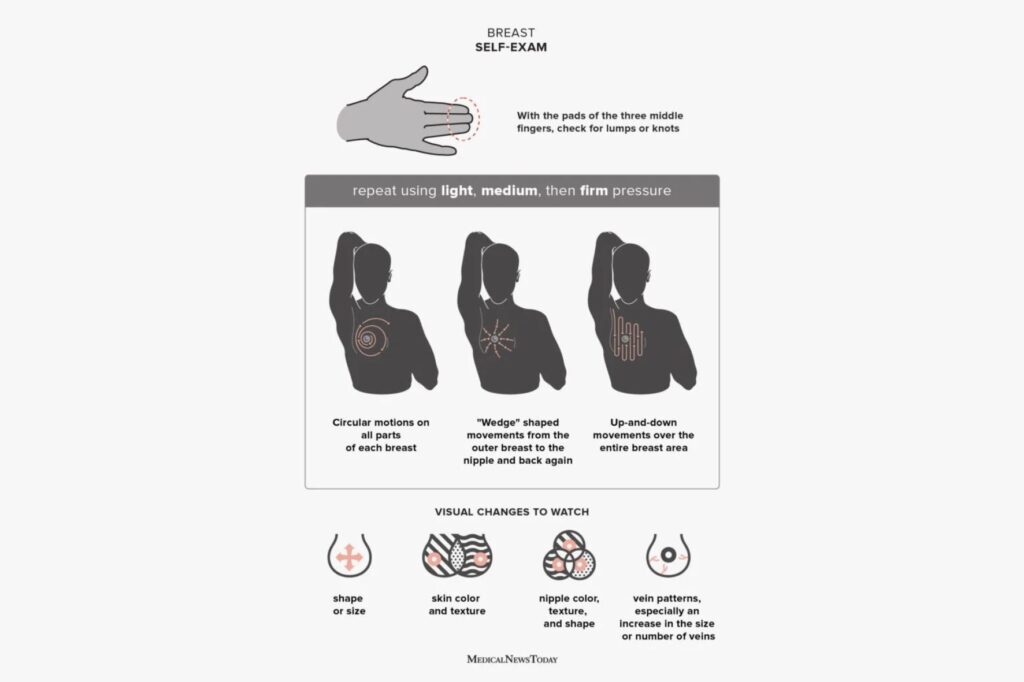
Image Source: Guidance for home-based breast examination
Key Initiatives in India for Breast Cancer Awareness and Care
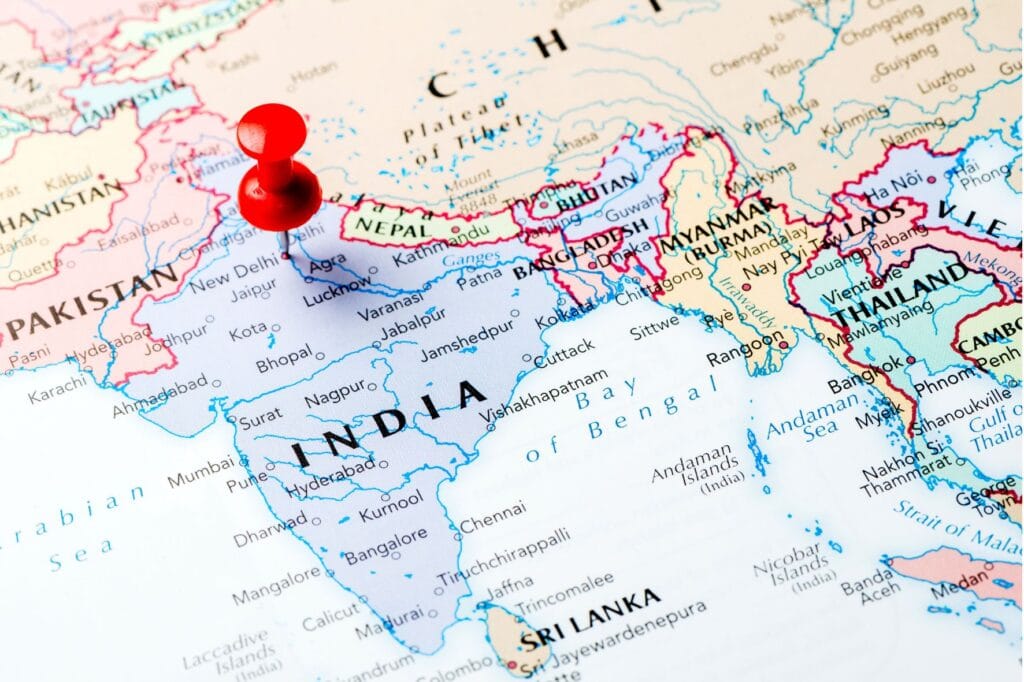
The Government of India has undertaken several key initiatives to tackle the increasing burden of breast cancer and the issue of late diagnosis. In 2022, the government passed the Breast Cancer Awareness Bill to enhance awareness about breast cancer, promote regular screenings and mammography, and provide quality care and treatment. This legislation guarantees free screenings, check-ups, and treatments for those affected. Additionally, the National Programme for Prevention & Control of Non-Communicable Diseases (NP-NCD) policy, last updated in May 2023, includes a focus on breast cancer, aiming to raise awareness and ensure regular screening tests for early diagnosis of the disease.
In addition, initiatives like Ayushman Arogya Mandir have been implemented by the government to promote a community-level approach, empowering health workers and enhancing awareness within communities. Furthermore, observances such as National Cancer Awareness Day and World Cancer Day, along with the Fit India movement and various yoga activities, play a vital role in raising awareness and promoting preventive care for breast cancer.
Challenges Faced In India
In India, almost 60% of cases of breast cancer are discovered when the disease is in its later stages, stage III or stage IV. Patients only seek medical facilities when there is a significant, palpable mass present or when there are any secondary alterations, such as changes to the local skin or chest wall.
Societal Barrier

Women encounter significant social barriers both before and after a breast cancer diagnosis. Often, women tend to avoid addressing health concerns in the early stages of any condition due to social norms that perpetuate the belief that women do not get sick or that their health issues are a normal part of life. Breast-related issues are particularly sensitive, as they are viewed as private and inappropriate topics for discussion. This avoidance can lead to delayed diagnoses and the progression of the disease to more advanced stages.
Even after receiving a diagnosis, women experience various forms of social discrimination, including weak social support; a recent study indicated that 59.1% of participants reported feeling this way. Additionally, they face financial burdens, anxiety, and body shaming. These challenges complicate their treatment and recovery journeys, making it more difficult to maintain social connections and interact with others. These challenges complicate their treatment and recovery journeys, making social connections and interactions more difficult.
Conclusion
The incidence of breast cancer has increased substantially than it did ten years ago, making it a serious public health concern. Coupled with the societal discomfort surrounding discussions about women’s bodies, this challenge complicates efforts to effectively combat the disease. It is crucial that public health interventions are designed with these societal challenges in mind. By promoting open dialogue and education about breast health, we can foster a supportive environment that empowers women to seek timely care and improves overall health outcomes. Addressing both the medical and cultural aspects of breast cancer will be essential in mitigating its impact and ensuring a healthier future for women.

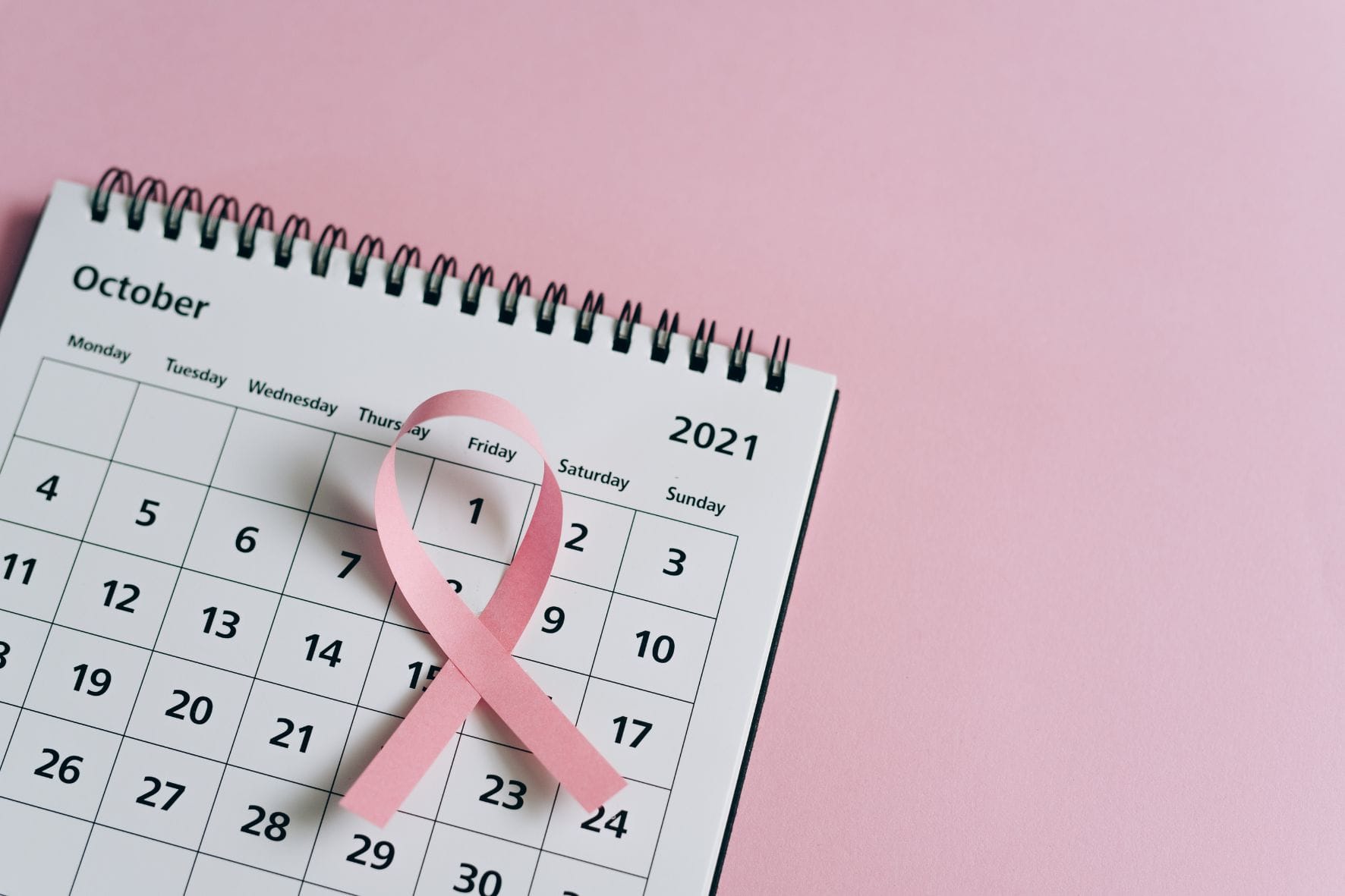
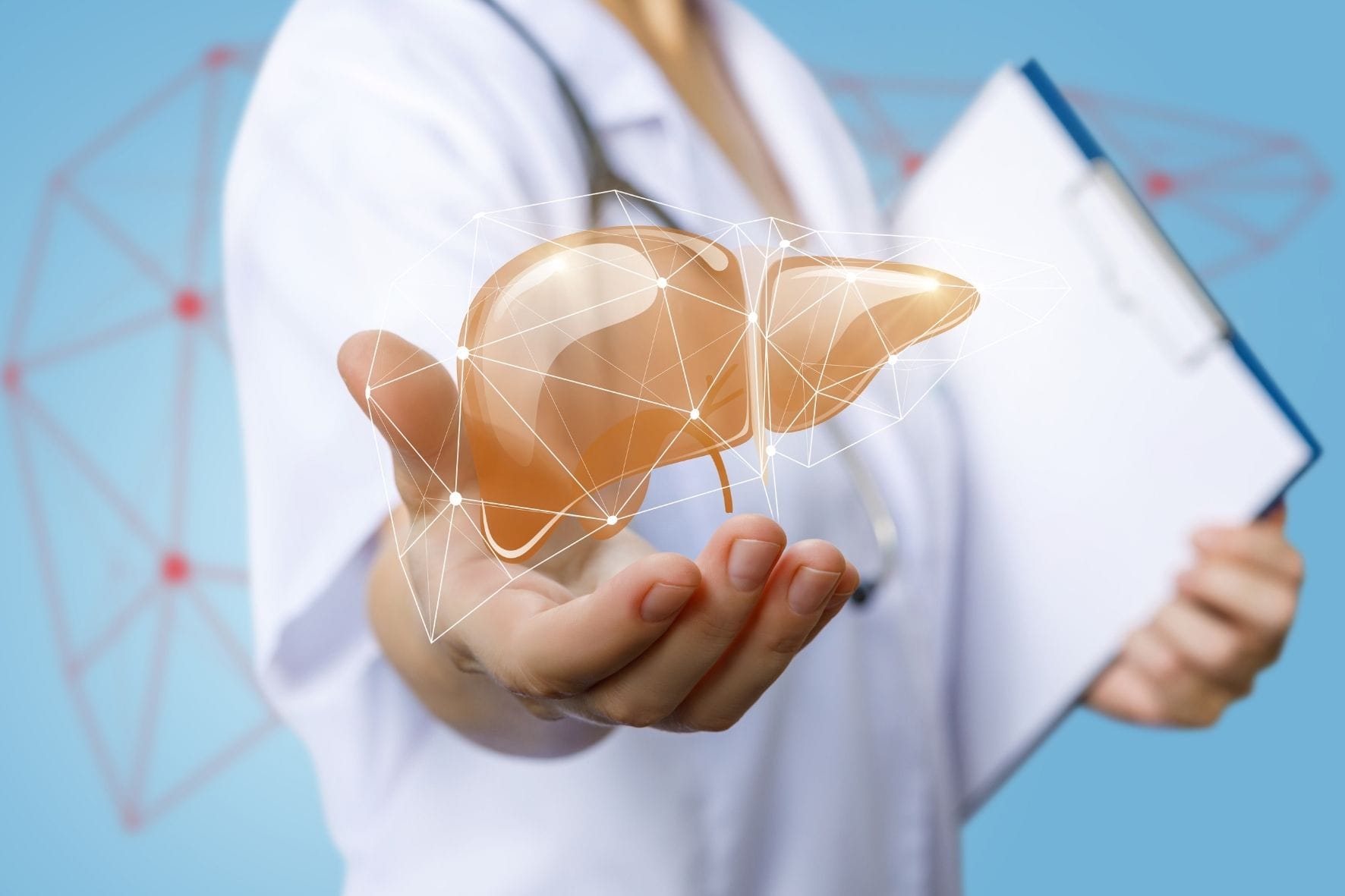


6 Comments
Great read! I appreciate how the article emphasizes the importance of both awareness and action during Pink October.
Can I ask a quick question about your site? https://google.com/?zosomb
Rozosomb
So well written with all the important details.
This article beautifully highlights the importance of Breast Cancer Awareness Month.
A nicely written concise blog.
Thank you for your feedback! We’re glad you found the blog well-written and concise.